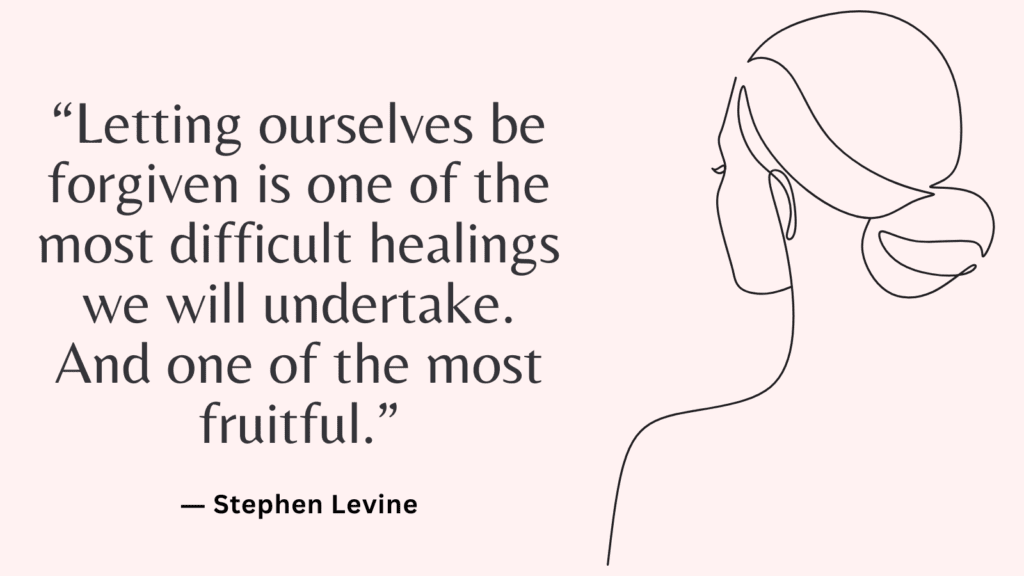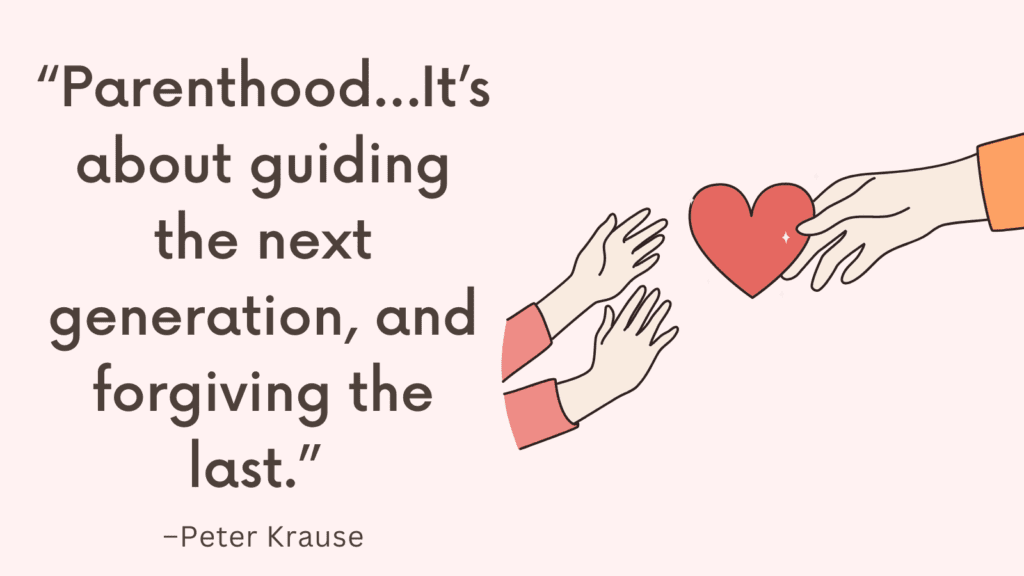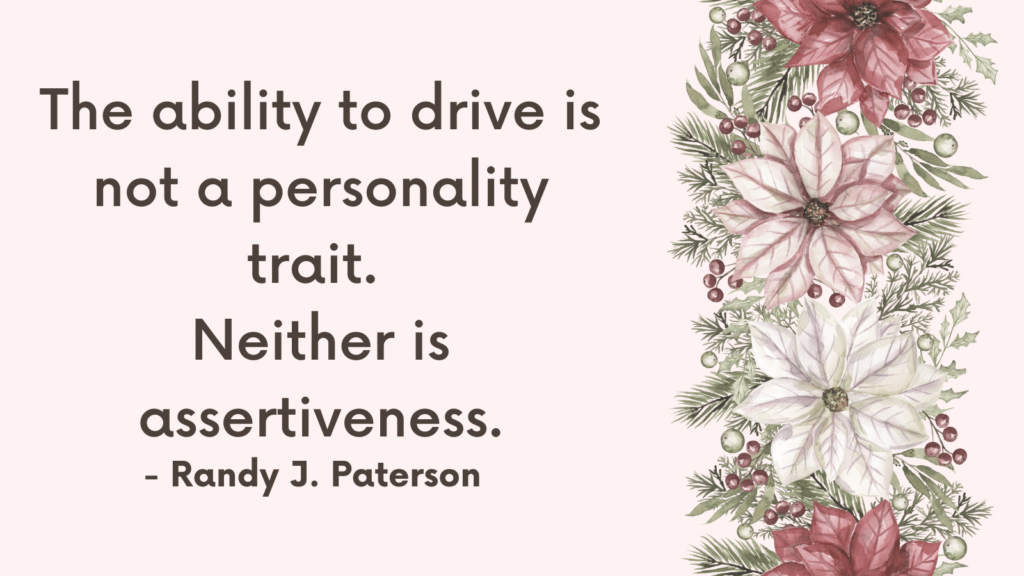In this post, you’re going to learn how to move on from family estrangement.
What Does Estrangement Mean?
The word estrangement comes from the Latin word extraneare, meaning “to treat as a stranger.”
In many families, the parent-child relationship goes sour when the children become adults and the distance grows until the parent stranger to their child.
Being rejected by your child can cause feelings of grief and despair, and even feelings of resentment and anger. You gave so much of yourself — time, money, energy — to your child only to be estranged.
Most of the time the child’s rejection comes from a place of pain.
However, in the heat of the rejection, most parents don’t see that the distancing child is also hurting and unhappy.
Related: Top 15 Parental Alienation Quotes That Will Make You Feel Seen
Three Types of Estrangement
Estrangement can be physical – a total cutoff where the child never sees their estranged parent or parents.
Estrangement can also be emotional. Parents may feel estranged from their adult children even with regular social contact when their interactions lack real emotional connection.
Estrangement can also be cyclical – an on-again, off-again type where the child reconciles with the estranged father only to cut them off again soon after. This is especially the case when underlying causes of estrangement are left unaddressed.
Causes of Estrangement
According to adult children, factors that contribute to distancing behavior include:
- Feeling that their parent’s behavior is or has been toxic or unacceptable (abuse, neglect, substance abuse, etc.)
- Feeling a lack of acceptance, love or support
- Having different values from those of the parent
Related: How To Divorce Without Hurting Your Child?
How To Move On From Family Estrangement?
#1. Address Feelings of Shame
Most parents who are estranged from their kids harbor feelings of shame, regret, or inadequacy.
These feelings can affect one’s self-esteem and trigger negative self-talk.
Remind yourself that feelings of shame are a by-product of caring how you’re doing.
And this makes you a good parent because only good people feel shame when they think they might have done something wrong or unwittingly hurt someone else.
And truth is estrangement doesn’t necessarily spring from only the worst possible parenting.
Some of the most seemingly abusive or neglectful parents enjoy close relationships with their grown children.
Conversely, parent who tried their best to meet every need of their children may find themselves on the outs with their children when they grow up.
Related: Top 10 Signs Of Toxic Shame In A Person (+Best 20 Healing Shame Exercises)
#2. Seek Support
Because of the shame around estrangement, it’s always a relief for parents to finally talk about their experience to someone who cares and understands.
Support groups can be a safe and healthy outlet to share your pain. Seeking the help of a mental health professional can also be helpful.
A therapist can also help you rekindle the relationship, if your child is open to it.
Estranged Parents Forums And Support Groups
Reconnection Club: https://reconnectionclub.com
Stand Alone: https://www.standalone.org.uk/support-groups-in-2022/
Gransnet forums: https://www.gransnet.com/forums
Daily strength: https://www.dailystrength.org/group/parents-of-estranged-adult-children
#3. Don’t stop living
If your goal is to rebuild the relationship with your child, assume that the process will take longer than you wish.
This will limit feelings of frustration and despair.
Instead, cultivate meaningful relationships, pursue your interest and nurture yourself.

Is Estrangement A Form Of Abuse?
Estrangement itself is not a form of abuse, but the reasons and circumstances behind it could be.
Estrangement can occur in situations where there is abuse or toxicity within a relationship, and can sometimes be a necessary step towards healing and protecting oneself.
However, if the estrangement is the result of manipulation, control, or emotional abuse from one party, then it is a form of abuse.
It’s important to seek professional help to understand the situation and determine the best course of action.
How To Say Goodbye To An Estranged Child?
Saying goodbye to an estranged child can be a difficult and emotional experience.
Here are some tips that may help:
1. Express your love and support
Even if your child has chosen to distance themselves from you, let them know that you love them and wish them the best.
2. Acknowledge the differences
Recognize that there may be unresolved issues that have led to the estrangement, and acknowledge any mistakes you may have made.
3. Respect your child’s choices
While it may be painful, accept your child’s decision to maintain distance and respect their boundaries.
4. Offer an open door
Let your child know that you are always willing to listen and that you are open to the possibility of reconnecting in the future.
5. Seek support
Coping with the loss of a relationship with a child can be difficult, so seek support from friends, family, or counseling services if necessary.




